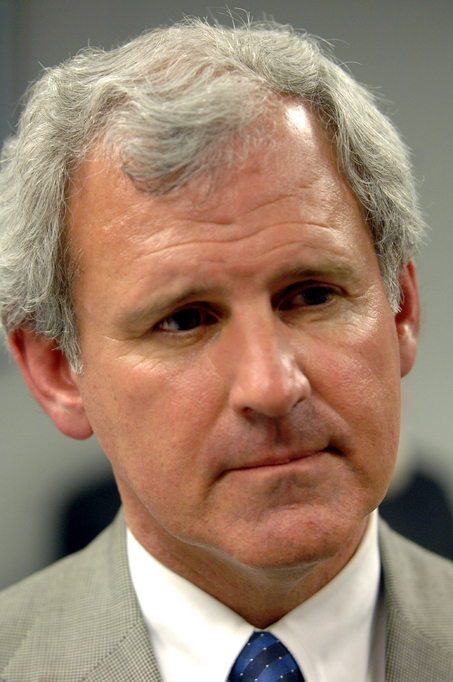By Brandon Moseley
Alabama Political Reporter
Congress writes the laws. Courts interpret the laws. Presidents enforce the laws. This simplistic mantra has been memorized by school kids since the U.S. Constitution was written in the late 18th Century. It never has exactly worked like that. Presidents, like your local police officer, have always had some discretion in what laws are enforced and how strictly the laws are enforced. President Obama has pushed that envelope substantially with his executive decrees ordering that the U.S. Department of Homeland Security not enforce dozens of laws on the books pertaining to millions of illegal aliens in this country.
Congressman Bradley Byrne (R from Montrose) warned in a speech on the floor of the U.S. House of Representatives that President Obama is setting a dangerous precedent that other Presidents can use to effectively nullify any number of laws passed by Congress.
U.S. Representative Bradley Byrne said on Facebook, “Think about the dangerous precedent President Obama’s executive action on immigration sets for our country, that a President can unilaterally decide which laws to enforce. Just imagine this: a Republican President announces he will unilaterally suspend enforcement of the Clean Air Act. It should be frightening to all regardless of political belief.”
Rep. Byrne wrote: “President Obama’s executive action on immigration is clearly not what our Founding Fathers had in mind when they drafted our Constitution. The main overriding goal of our forefathers was to prevent the Executive from becoming too powerful, and they went to great effort to ensure a strong system of checks and balances. President Obama’s executive action runs in the face of how our government was designed to operate.”
John Malcolm, writing for the Heritage Foundation, agrees, “President Obama is now arguing, “If you don’t want me to take executive action, then just send me a bill that I like. [6] Congress, however, has the right, if it wants to, to say, No, we won’t. Too darn bad.”
Malcolm cited, “In the famous steel seizure case, Youngstown Sheet & Tube Co. v. Sawyer, the Supreme Court stated in no uncertain terms that the President’s power to see that the laws are faithfully executed refutes the idea that he is to be a lawmaker…. [T]he Constitution is neither silent nor equivocal about who shall make laws which the President is to execute. [7] The separation of powers is one of this nation’s core principles of governance. Although the President may not like congressional intransigence, at least as he sees it through his eyes, this does not give him the authority to act unilaterally.”
Malcolm also cited “Train v. City of New York” where, “President Richard Nixon tried to impose his domestic priorities over the will of Congress by ignoring laws that Congress had passed. Nixon, desiring to cut the deficit and not wanting to fund certain programs he disliked (primarily environmental laws, farm programs, and subsidized housing), decided to impound funds dedicated to those programs. Congress reacted by enacting the Impoundment Control Act of 1974, which ordered the President to spend appropriated funds as directed by Congress.
This was challenged in court, and ultimately, a unanimous Supreme Court held that the President could not frustrate the will of Congress by killing a program through impoundment. Specifically, the Court determined that the President must carry out all of the objectives and the full scope of programs for which budget authority is provided by Congress.”
There are numerous theories about whether or not President Obama exceeded his authority or not; but little consensus on what to do about it.
US Senator Jeff Sessions (R from Alabama) said in a recent Fox News appearance: “What we do know [about the House omnibus] is that it will allow the President to move money around to fund his executive amnesty program. We just discovered last week that [DHS] is renting a building across the river in Crystal City, hiring 1,000 people to process these identifications of illegal people. They will be given a photo ID, a Social Security number, allowed to participate in Social Security and Medicare, and be able to work anywhere in America, taking any job in America. We don’t have enough jobs today and this will be 5 million people. What I was hoping, and still hope, is that the House will put real language in the bill [to block executive amnesty.]”
Congressman Bradley Byrne represents Alabama’s First Congressional District.




















































